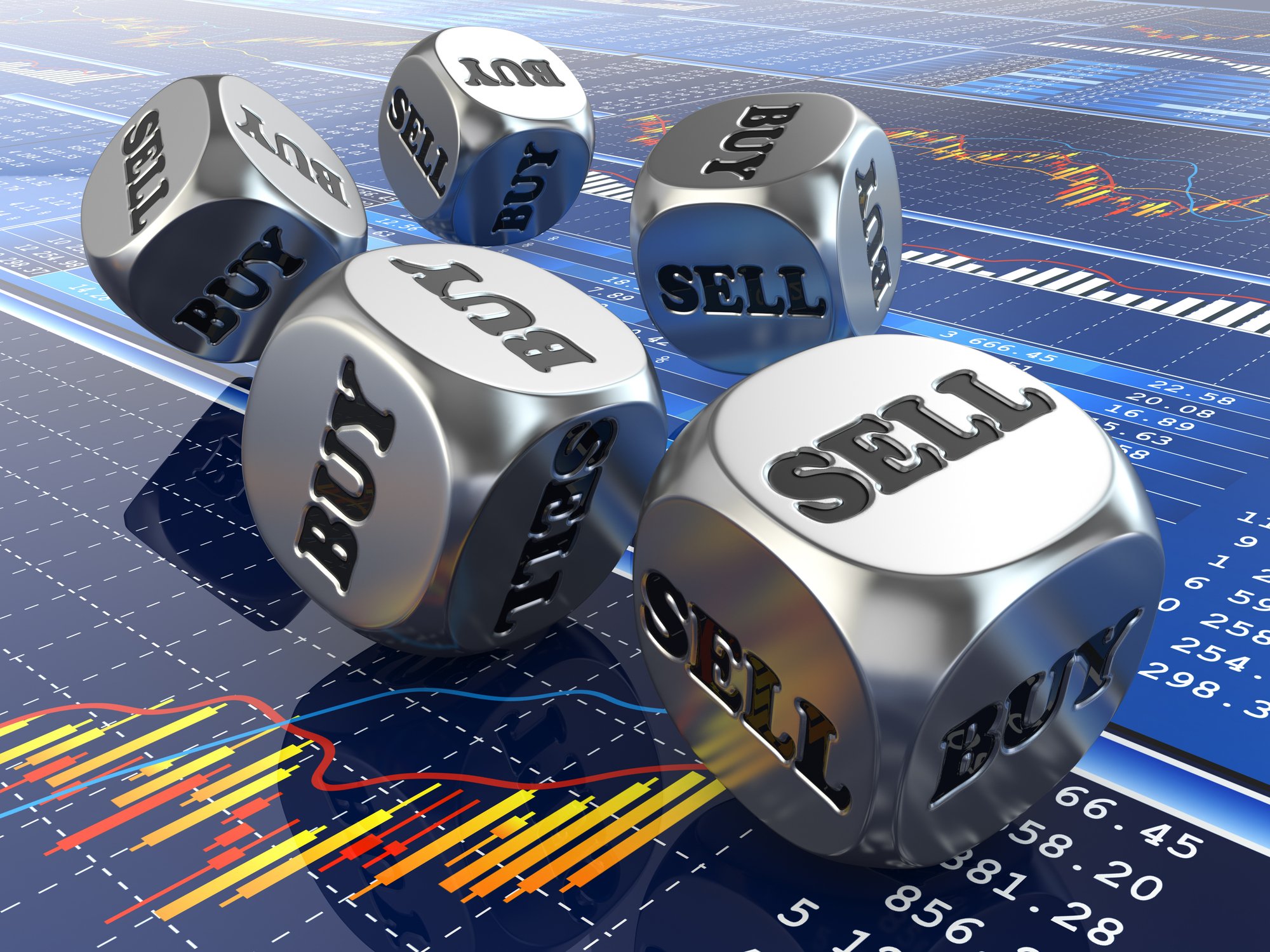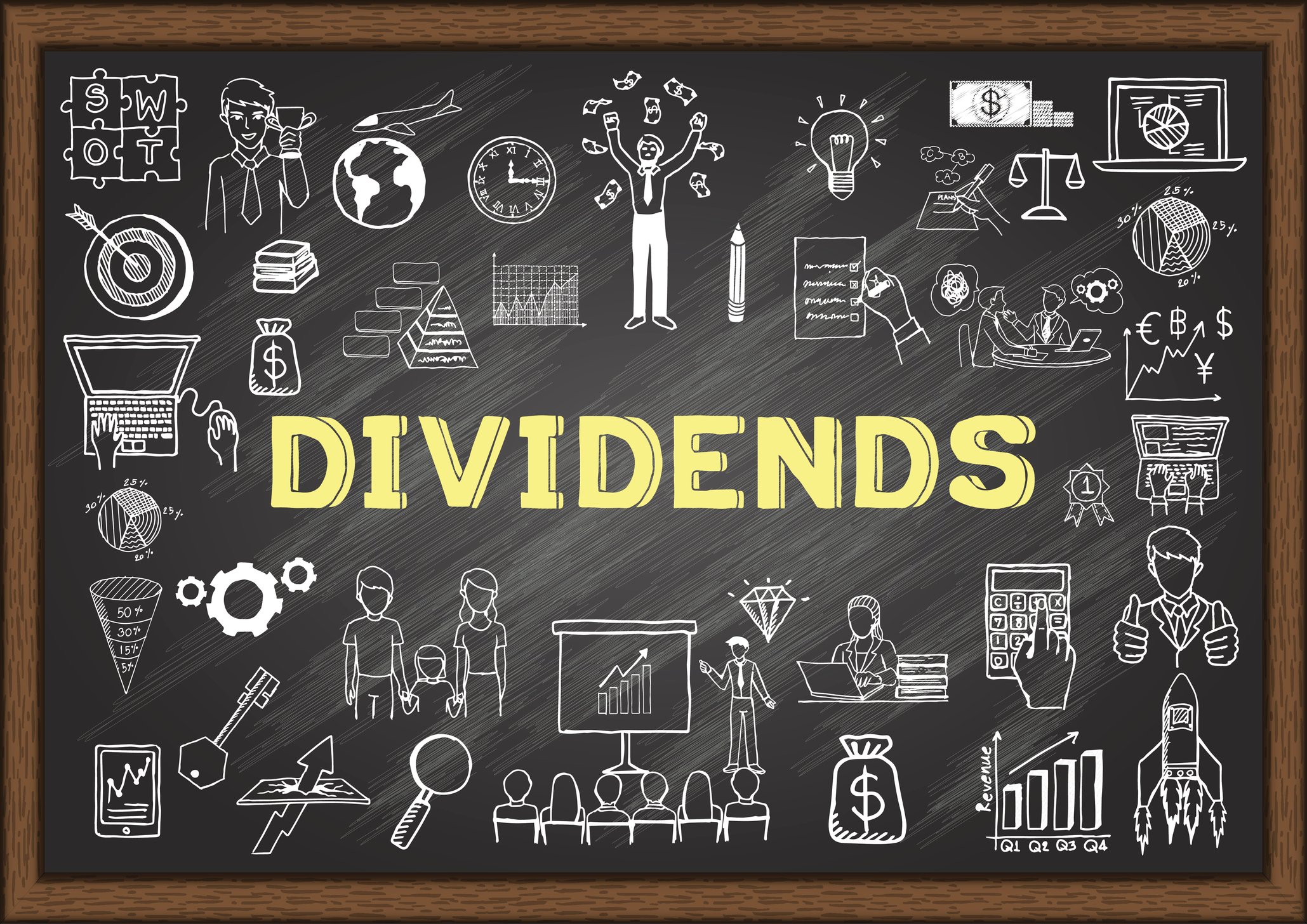In this segment from Industry Focus: Consumer Goods, the cast offers a brief history of packaged food conglomerate Kraft Heinz Co (KHC 0.61%), before diving into the underlying business model employed by major shareholder 3G Capital to run the company. Find out why this sprawling business is still seeking its mojo.
A full transcript follows the video.
This video was recorded on Dec. 5, 2017.
Vincent Shen: Our next topic is another company that has not quite found its footing after coming together in a massive deal, and that's Kraft Heinz. This is a big food and beverage company with a huge portfolio of brands that our listeners will recognize from grocery store aisles -- $100 billion market cap, $26 billion of revenue in the past 12 months. At the same time, sales growth is negative. Consumer preferences are gradually moving away from the packaged and processed foods that Kraft Heinz is best known for. Asit, to kick off our discussion of this company, can you introduce us to the players? There are some really important, well-known investors in leadership behind this company. Who's pulling the strings?
Asit Sharma: Let's go back to 2013. That's the year that an investment company called 3G Capital teamed up with Warren Buffett to acquire the Heinz company. 3G Capital is a Brazilian firm that has their fingers everywhere. They are investors in the world's largest alcoholic beverage company, which is Anheuser-Busch InBev. They own Restaurant Brands International, which is the company in charge of Burger King and Tim Hortons. So this is a very experienced team which uses Warren Buffett's endless checkbook, boundless checkbook, to acquire major companies and improve them.
3G Capital's whole modus operandi is to cut costs, to cut overhead, to budget every quarter from a zero-based budgeting concept, which means that you start without looking backwards. You look at what your current needs are and budget from there, manage supply chains that are all about optimizing operations. These are an experienced group of players. At the same time, in 2013, in that 3G Capital and Warren Buffett bought the Heinz company, Kraft, the old grocery store supplier, decided to shave off its most important brands, they call them power brands, so Oreo cookies, Tang, Ritz crackers, those all went to a new company which investors will be familiar with, now called Mondelez. The old grocery business stayed as Kraft.
In 2015, the Heinz company, now owned by 3G and Warren Buffett, merged with the Kraft company to create the Kraft Heinz company, and that was in July of 2015. So this is the history behind the company that we look at today, which has a broad range of condiments, everything from Kraft mayonnaise to Heinz ketchup and mustard, and plus a whole stable of smaller brands.
Shen: Warren Buffet, 3G Capital, they have significant stakes in this combined entity. 3G Capital, their partners and a lot of people involved with that firm, they take up major leadership positions at the company, including CEO. As you mentioned, 3G Capital is known for taking a knife to any company's cost structure that they become involved with. Management has cut about $1.5 billion of expenses so far since the 2015 merger, and I think that amount is expected to increase to about $1.7 to $1.8 billion by year end. Those efforts have certainly helped the company become more profitable. Their gross margins are wider, operating margins have expanded, and their earnings growth is in the double digits recently.
But the question mark is in terms of their revenue growth. That has not really materialized since Kraft and Heinz came together. I think there's a point when investors in the market want to see, for example, the international growth that a lot of people were pointing to when this deal was initially announced, the idea that Heinz could open its overseas channels to Kraft products.






